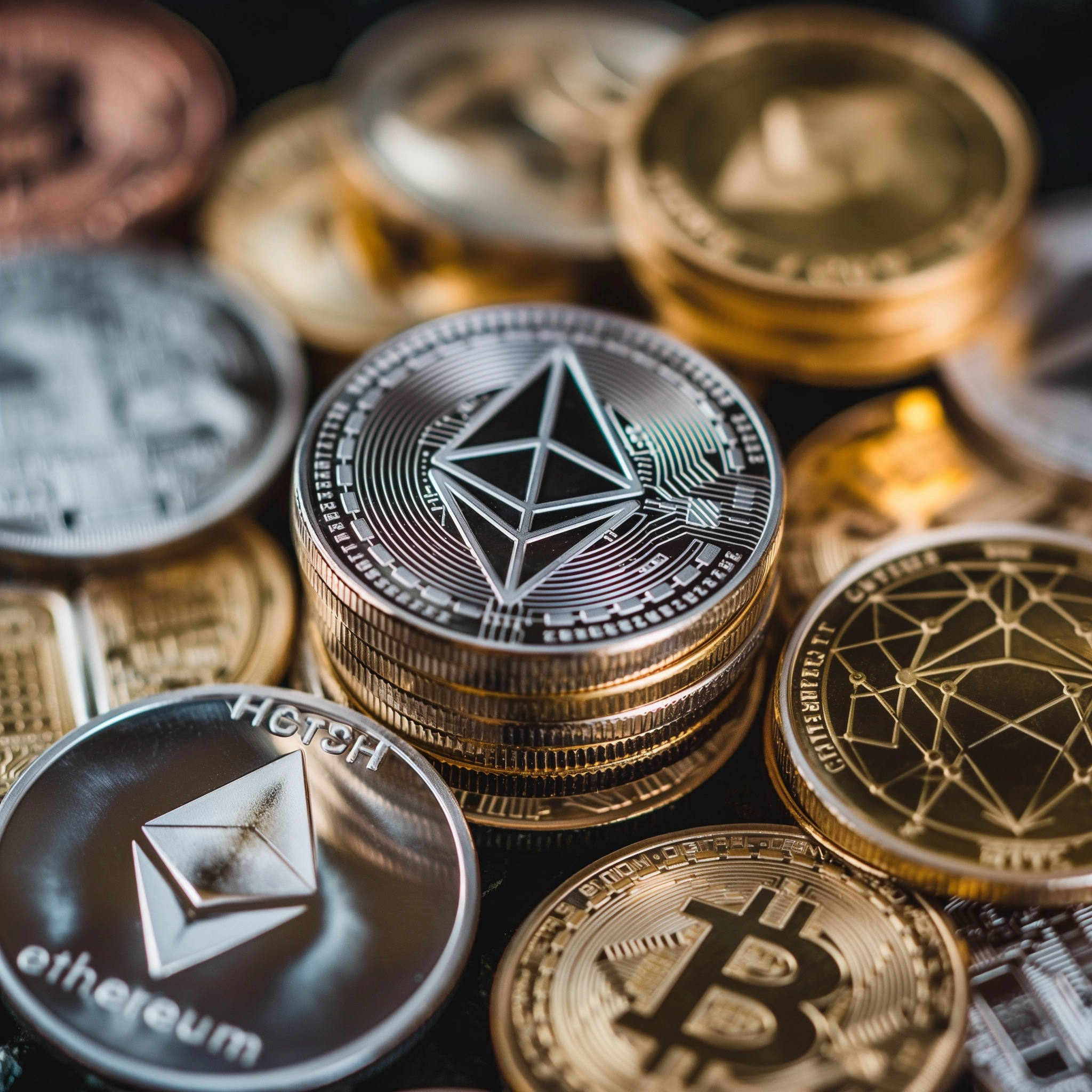As the popularity of Non-Fungible Tokens (NFTs) continues to soar, numerous online marketplaces have emerged, providing platforms for buying, selling, and trading these unique digital assets. Whether you’re an artist looking to showcase your work or a collector seeking the next coveted piece, here’s a guide to some of the top NFT marketplaces available:
1. OpenSea
OpenSea is one of the largest and most popular NFT marketplaces, offering a wide range of digital assets, including art, collectibles, domain names, and virtual worlds. It allows users to buy, sell, and trade NFTs from various blockchain networks, including Ethereum, Polygon, and Klaytn.
2. Rarible
Rarible is a decentralized NFT marketplace built on the Ethereum blockchain. It enables creators to mint and list their own NFTs, providing them with greater control over their digital assets. Users can discover, buy, and sell unique artworks, collectibles, and digital goods on the platform.
3. SuperRare
SuperRare is a curated NFT marketplace focused on digital art and collectibles. It features high-quality, limited-edition artworks from leading digital artists around the world. SuperRare emphasizes scarcity and authenticity, with each artwork tokenized as a unique NFT on the Ethereum blockchain.
4. Foundation
Foundation is an invite-only NFT marketplace that showcases digital art, photography, and design projects. It aims to support emerging artists and creators by providing them with a platform to showcase and sell their work to a global audience of collectors and enthusiasts.
5. Nifty Gateway
Nifty Gateway is a user-friendly NFT marketplace that offers a curated selection of digital art and collectibles from renowned artists and brands. It features weekly drops and exclusive releases, allowing users to purchase limited-edition NFTs with fiat currency using credit cards or bank transfers.
6. BakerySwap
BakerySwap is a decentralized NFT marketplace and DeFi platform built on the Binance Smart Chain. It offers a wide range of digital collectibles, gaming assets, and virtual real estate. BakerySwap provides users with low transaction fees and fast settlement times compared to Ethereum-based platforms.
7. AtomicMarket
AtomicMarket is a cross-chain NFT marketplace that supports multiple blockchains, including WAX, EOS, and Telos. It offers a diverse selection of digital collectibles, gaming items, and virtual assets. AtomicMarket provides users with a seamless trading experience and low transaction costs.
Conclusion
These are just a few of the many NFT marketplaces available to buy, sell, and trade non-fungible tokens. Each platform offers its own unique features, user interface, and selection of digital assets. Whether you’re an artist looking to showcase your creations or a collector seeking to expand your digital collection, there’s a marketplace out there to suit your needs and preferences. Take the time to explore different platforms, discover new artists, and participate in the vibrant world of NFTs.
FAQs
What are NFT marketplaces?
NFT marketplaces are online platforms where users can buy, sell, and trade Non-Fungible Tokens (NFTs). These platforms provide a marketplace for digital assets, including artwork, collectibles, virtual real estate, and more, tokenized as NFTs on blockchain networks.
How do NFT marketplaces work?
NFT marketplaces allow creators to mint their digital assets as NFTs and list them for sale. Buyers can browse through the marketplace, discover unique NFTs, and purchase them using cryptocurrency or fiat currency, depending on the platform’s supported payment methods.
What types of NFTs are available on these marketplaces?
NFT marketplaces offer a diverse range of digital assets, including digital art, music, videos, virtual real estate, gaming items, collectibles, domain names, and more. Each NFT represents ownership or proof of authenticity of a specific item or piece of content.
Are all NFT marketplaces decentralized?
No, not all NFT marketplaces are decentralized. While some marketplaces operate on decentralized blockchain networks, allowing for peer-to-peer trading without intermediaries, others may be centralized platforms with a company or organization managing the marketplace.
What are some popular NFT marketplaces?
Popular NFT marketplaces include OpenSea, Rarible, SuperRare, Foundation, Nifty Gateway, BakerySwap, and AtomicMarket, among others. Each marketplace offers its own unique features, selection of digital assets, and user experience.
How can creators list their NFTs on these marketplaces?
Creators can typically list their NFTs on these marketplaces by connecting their digital wallet, minting their digital assets as NFTs, and setting parameters such as price, edition size, and royalties. Some platforms may require creators to go through a curation process or obtain an invitation.
What should buyers consider when purchasing NFTs from these marketplaces?
Buyers should consider factors such as the authenticity and provenance of the NFT, the reputation of the creator or artist, the scarcity and edition size of the NFT, the platform’s transaction fees, and the supported payment methods before making a purchase.
Are there any risks associated with buying and selling NFTs on these marketplaces?
While NFT marketplaces provide opportunities for creators and collectors, there are risks to consider, such as market volatility, potential scams or fraudulent activity, legal and regulatory uncertainties, and technical issues related to blockchain technology and smart contracts.
Can NFTs bought on one marketplace be sold on another?
In most cases, NFTs bought on one marketplace can be sold or traded on another, as long as both marketplaces support interoperable blockchain standards such as Ethereum’s ERC-721 or ERC-1155. However, users should be aware of any platform-specific restrictions or limitations.
How can users stay informed about new releases and trends on NFT marketplaces?
Users can stay informed about new releases and trends on NFT marketplaces by following the platforms’ official announcements, joining community forums and social media groups, subscribing to newsletters, and regularly browsing through the marketplace listings.

